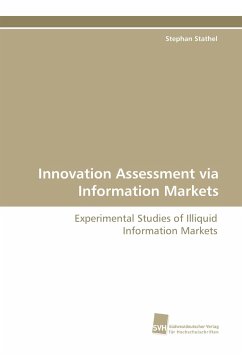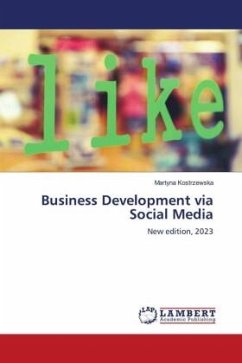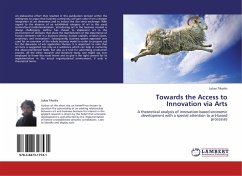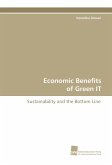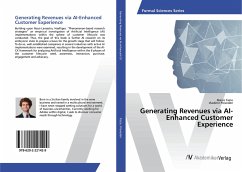Information Markets are online based market systems and utilize market mechanisms for the aggregation of information. Market prices can be interpreted to forecast outcomes of future events. Information Markets show impressive prediction accuracy and often outperform other forecasting methods and experts. However, Information Markets still have not become an established part of companies' forecasting strategies. Nevertheless, a promising application in companies is the usage of Information Markets for the assessment of innovations since it efficiently integrates many relevant people into decision making. In this work, experimental evidence for the assessment of innovations in companies is given. Results from a field experiment show that employees accept Enterprise Information Markets as a valuable method for innovation management. In an investigation about trading behavior and activity, it can be shown that permanent liquidity is essential in order to get continuous forecasts. Summarized, this work provides results from two field experiments and shows that Information Markets produce accurate results given an appropriate market design - even in small-size markets.

